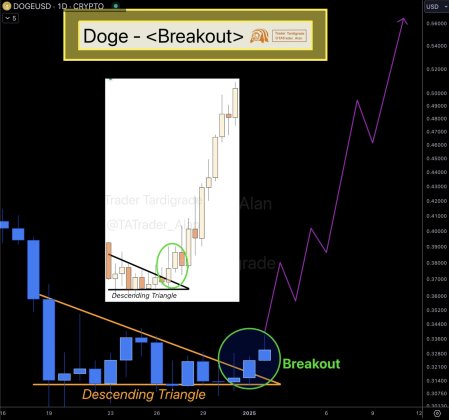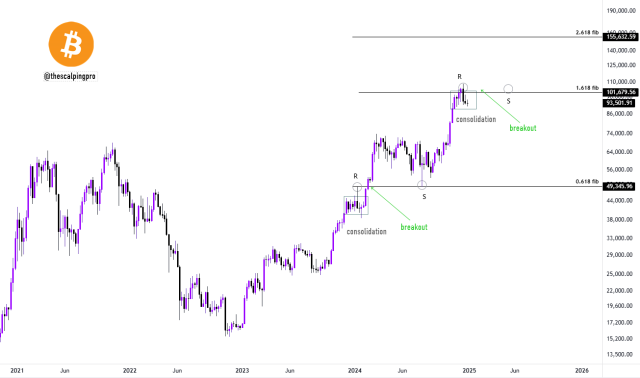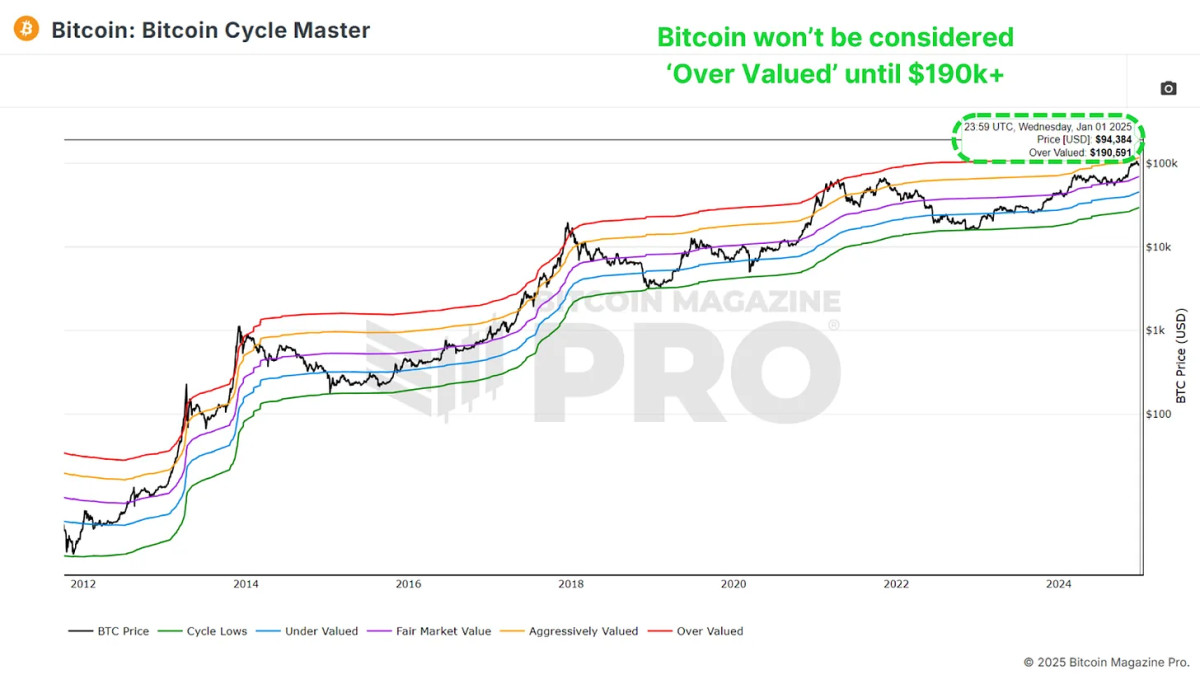Hear me out before burning me at the stake here. There are many assumptions taken in this post (OS, clients, fallback clients, etc.) and even more edge-cases that refute my thoughts. This post is intended to shed light on a general case that may apply to many validators, if not most, given it would seem to affect vanilla validator configurations.
Validator uptime is a publicly discernable attribute through missed-attestations, and as anybody running a validator should know, critical node maintenance like security updates oftentimes require a system restart that would result in publicly viewable downtime. If I was a malicious actor that wanted to attempt to gain access to validator keys by compromising these nodes, then this uptime metric could provide me a fast and easy "short list" of validators that likely have not gone through this maintenance effort. I could even rank my list depending on how long the validator has been online, targeting nodes that potentially have not been restarted in months (or years) with the assumption that security exploits are more effective on these nodes..
Missing a few attestations is relatively painless from a financial perspective. If a node operator is hellbent on not performing maintenance on their system for whatever reason, would it make sense to "pay" a few cents each month and create a script that would cut network activity to the node for a few hours at the end of every month? If it were me, I think I would pay this low cost to avoid being placed on the malicious actors short list. Then again, if it were me, I would just update my node instead...
[link] [comments]

You can get bonuses upto $100 FREE BONUS when you:
💰 Install these recommended apps:
💲 SocialGood - 100% Crypto Back on Everyday Shopping
💲 xPortal - The DeFi For The Next Billion
💲 CryptoTab Browser - Lightweight, fast, and ready to mine!
💰 Register on these recommended exchanges:
🟡 Binance🟡 Bitfinex🟡 Bitmart🟡 Bittrex🟡 Bitget
🟡 CoinEx🟡 Crypto.com🟡 Gate.io🟡 Huobi🟡 Kucoin.




















Comments